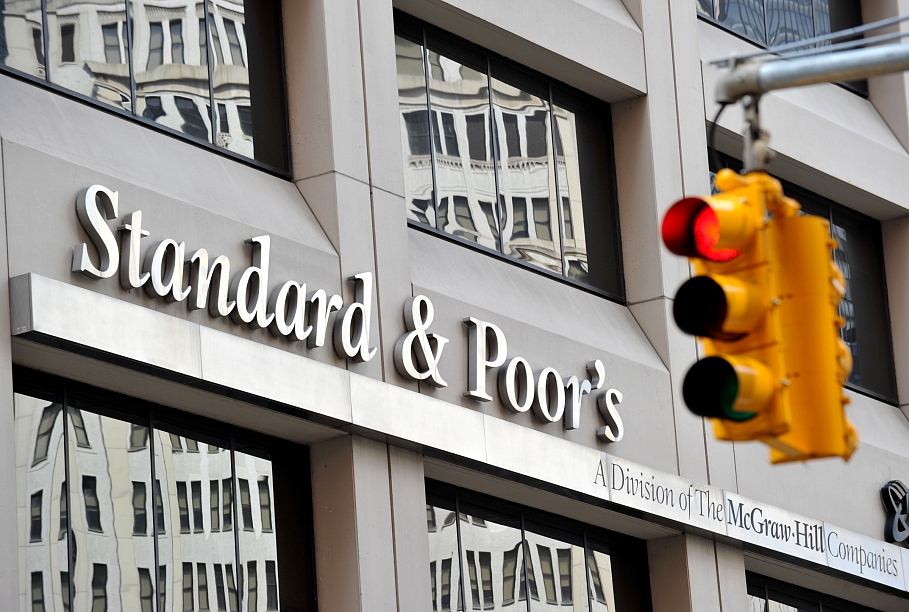"In our view, Latvia’s fiscal position remains strong, with net general government debt projected to fall to 30% of GDP by 2019," S&P said.
"At the same time, low per capita income levels and external financing risks continue to constrain the ratings."
S&P said its ratings on Latvia "remain supported by the generally sound institutional effectiveness, modest general government deficits, and declining net public debt burden."
However, keeping Latvia away from any possible upgrade are issued such as relatively low GDP per capita, long-term challenges associated with a declining population, and external risks, including from high levels of nonresident deposits (NRDs) in the domestic banking system.
S&P also said it did not expect the new government of Maris Kucinskis to bring any major changes in policy.
"We do not expect the change in government composition to lead to any material shifts in Latvia’s policy direction. In our view, Latvia will continue to benefit from generally effective policymaking, with common goals shared across the political spectrum. We anticipate the government will continue to focus on prudent public finances and diversifying the energy supply. We also expect it will pay increasing attention to security and defense given the regional geopolitical environment," S&P said.
The rating agency predicted GDP growth would slow to 2% this year from 2.7% last year, then gradually strengthen to more than 3% by 2018.
Per capita income remains low, constraining the ratings.
"Of the 15 countries we currently rate in the 'A' category globally, Latvia's GDP per capita only exceeds that of Malaysia and Botswana," noted S&P.
"We also expect that, in line with recent trends, the Latvian population will continue to decline over our 2016-2019 forecast horizon (primarily due to high emigration), which could adversely affect the country's long-term growth prospects."
S&P also sounded a warning note on the half of Latvia's banking sector specializing in non-resident depositors (NRDs).
"In our view, NRD-focused banks potentially present higher risks than the rest of the banking system... a number of institutions seem to be exposed to the Commonwealth of Independent States (both through securities holdings and loans), the outlook for which has worsened considerably over the past two years."
"We also think that the business model of banks focused on serving non-resident clients could face challenges from the rising global regulatory requirements and information exchange initiatives," S&P said.
However, an unexpected collapse of an NRD-focused bank would be less likely to result in the severe repercussions on the domestic economy that followed the collapse of Parex Bank in 2008, the rating agency added.

























